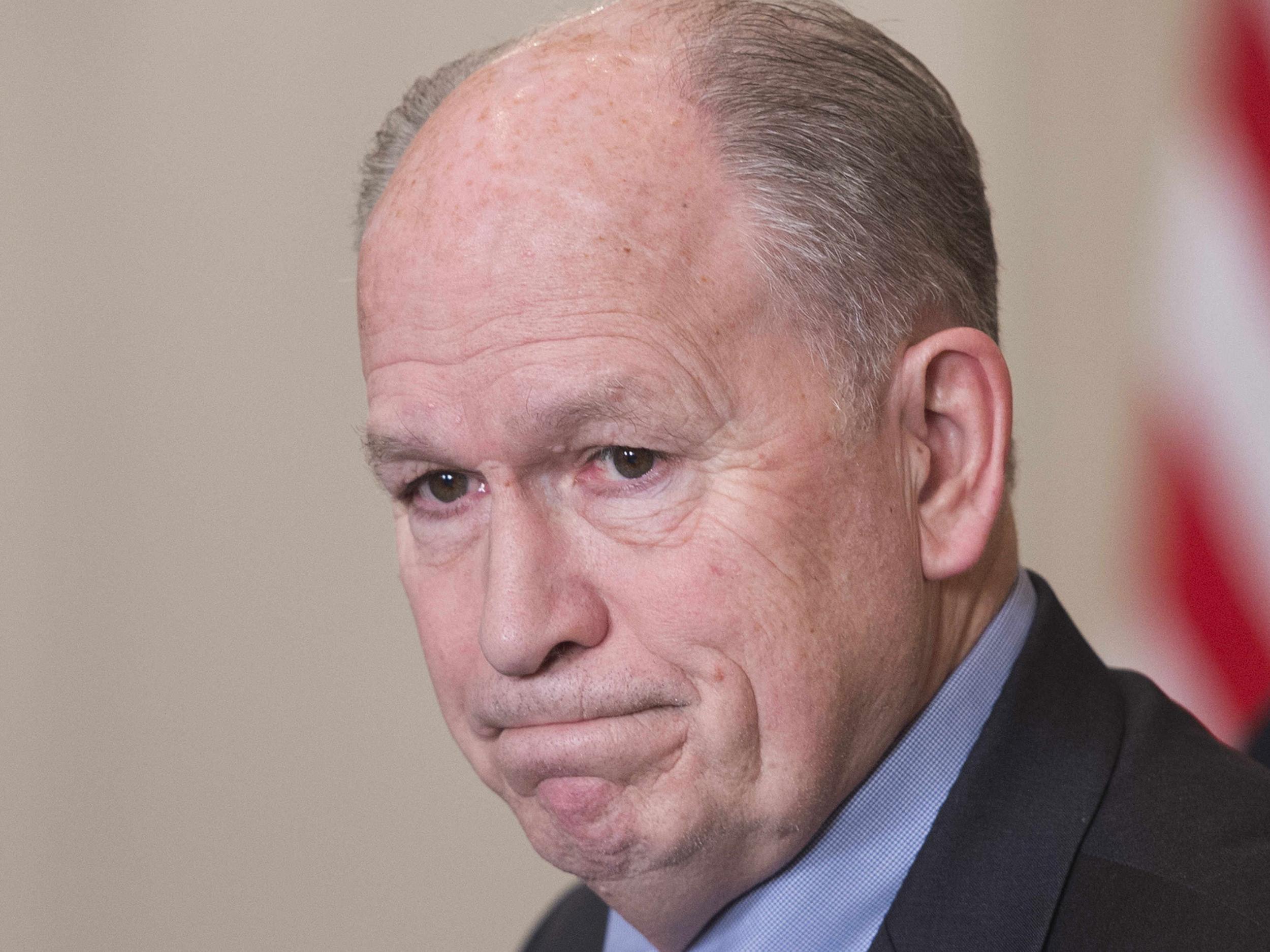Alaska Governor wants to drill for oil in protected lands – because of climate change
Alaska has suffered from the falling price of oil as it gets 90 per cent of its expenditure from levies on the production of oil and gas

Your support helps us to tell the story
From reproductive rights to climate change to Big Tech, The Independent is on the ground when the story is developing. Whether it's investigating the financials of Elon Musk's pro-Trump PAC or producing our latest documentary, 'The A Word', which shines a light on the American women fighting for reproductive rights, we know how important it is to parse out the facts from the messaging.
At such a critical moment in US history, we need reporters on the ground. Your donation allows us to keep sending journalists to speak to both sides of the story.
The Independent is trusted by Americans across the entire political spectrum. And unlike many other quality news outlets, we choose not to lock Americans out of our reporting and analysis with paywalls. We believe quality journalism should be available to everyone, paid for by those who can afford it.
Your support makes all the difference.The Governor of Alaska has said that he wants to drill for oil in protected lands to pay for the damage caused by climate change.
Bill Walker wants to “urgently” drill in the protected lands of the Arctic National Wilderness refuge.
“We have villages that are washing away because of the change in the climate. I don’t see anyone putting together contribution funds to help move Kivalina,” Mr Walker told the BBC.
When asked if he thought Alaska should be allowed to continue to drill for oil to meet some of the costs of climate change, Mr Walker answered, “absolutely”.
Alaska has suffered from the falling price of oil as it gets 90 per cent of its expenditure from levies on the production of oil and gas.
The price of crude oil has halved in the last year alone. As a result the Trans Alaskan Pipeline, built to transport 2 million barrels a day, is only running at 25 per cent capacity.
Remote communities like Kivalina have to be completely relocated as climate change means their homes are eroded. Without income tax, Alaska is dependent upon oil revenue to meet these costs.
Join our commenting forum
Join thought-provoking conversations, follow other Independent readers and see their replies
Comments